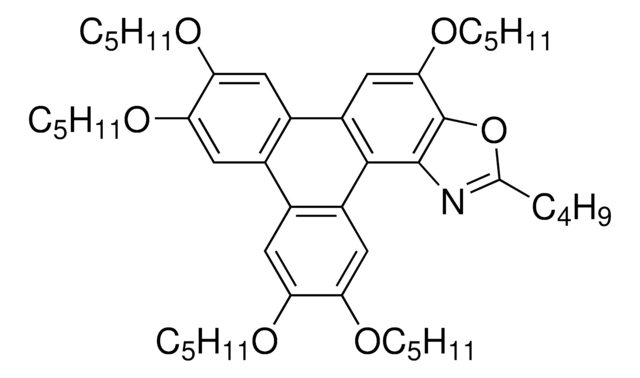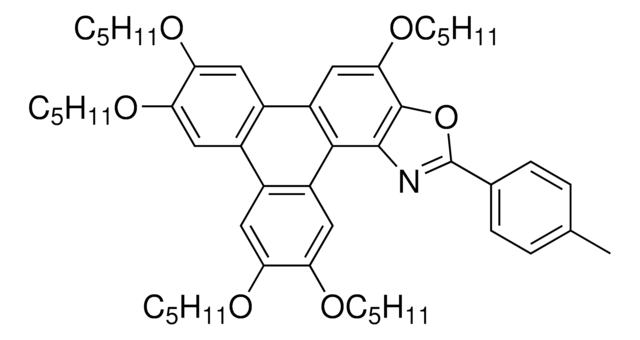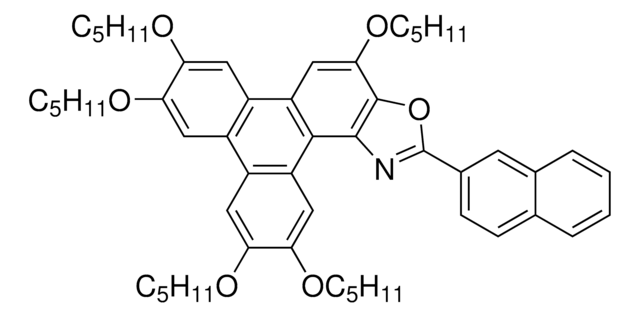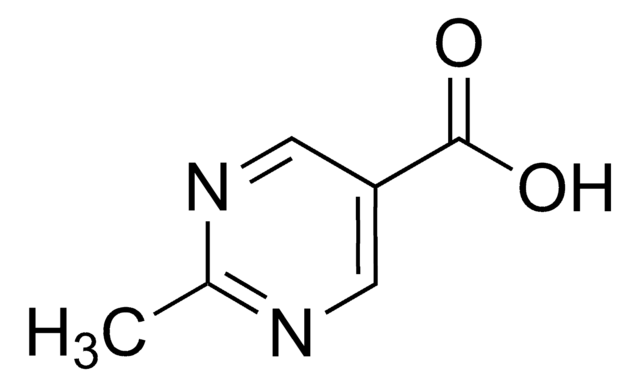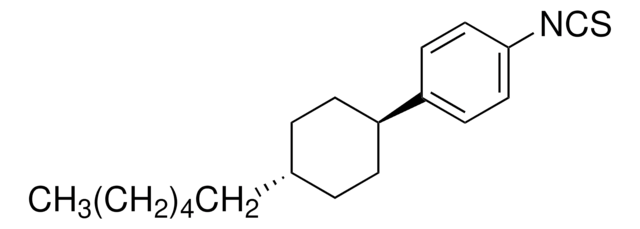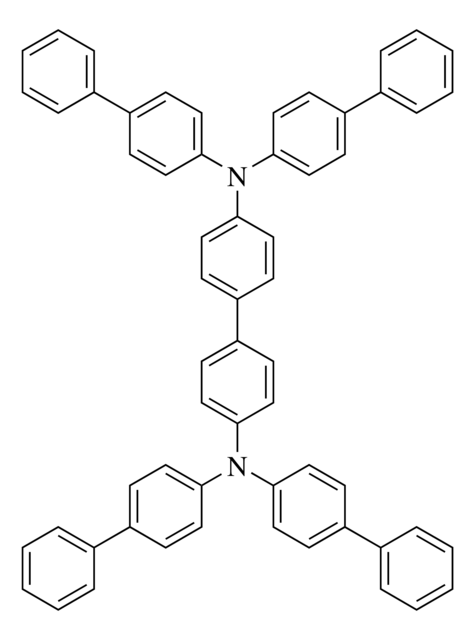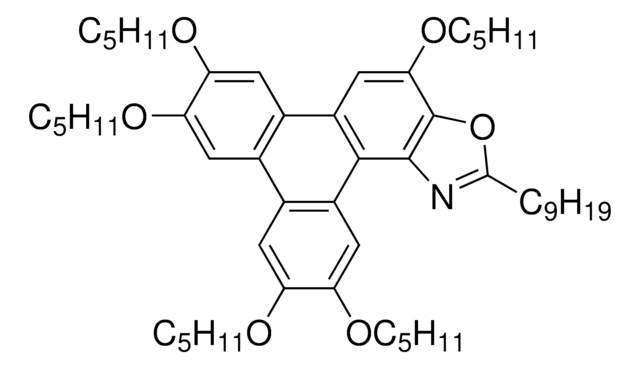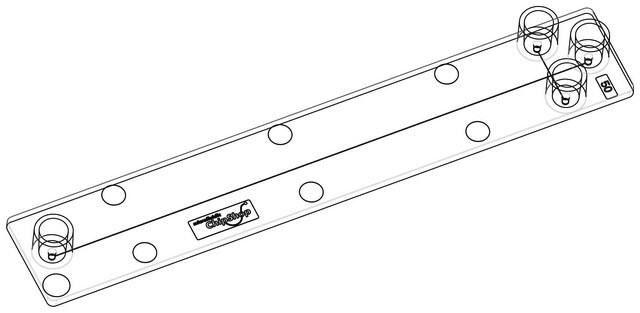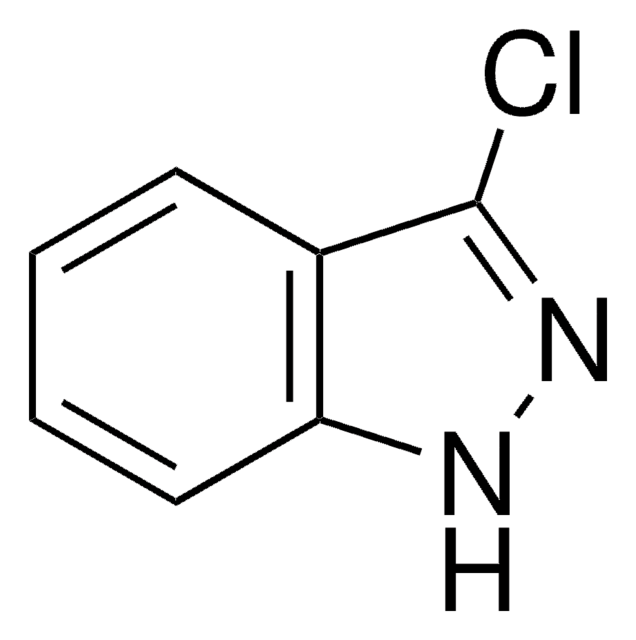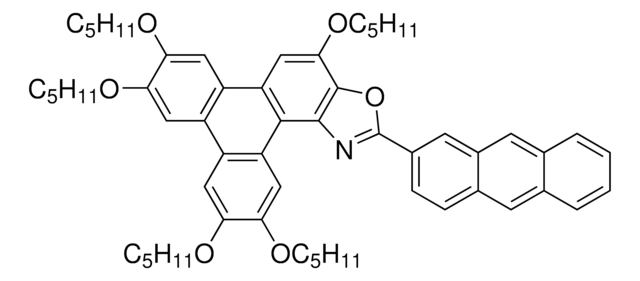추천 제품
저장 온도
−20°C
Quality Level
일반 설명
TpOx-p-BiPh is a UV excitable fluorescent material with a polycyclic aromatic donor-acceptor structure where the triphenoxazole core acts as a donor and the aromatic group on the two position of the oxazole (4-phenyl-phenyl) act as the acceptor group. The push-pull, donor-acceptor, structure facilitates intramolecular charge transfer in the excited state that results in a 220 nm emission Stokes Shift. This oxazole is also a photo-conducting Discotic Liquid Crystalline (DLC) material with mesophase transition onset temperature of 123 °C. It is designed for 355 nm and 405 nm excitation with emission at 490 nm with quantum yield of 0.61, high thermal, chemical and photostability. This luminescent compound has potential uses in fluorescent dye staining, organic electronic and photonics, and imaging applications.
애플리케이션
Fluorescent materials have a range of unique properties that allows for potential use in a range of applications:
- Fluorescent dye staining
- Organic semiconductor for organic electronic and photonic applications
- Multi-photon microscopy
저장 및 안정성
Store under nitrogen in the dark in the freezer (below 8 Celsius).
Storage Class Code
11 - Combustible Solids
WGK
WGK 3
가장 최신 버전 중 하나를 선택하세요:
자사의 과학자팀은 생명 과학, 재료 과학, 화학 합성, 크로마토그래피, 분석 및 기타 많은 영역을 포함한 모든 과학 분야에 경험이 있습니다..
고객지원팀으로 연락바랍니다.